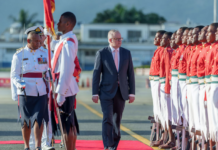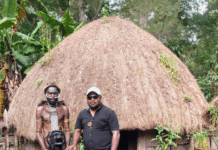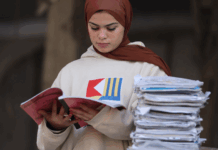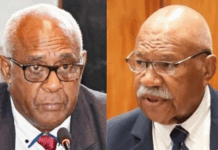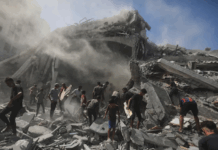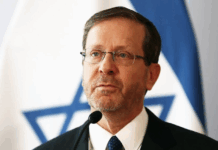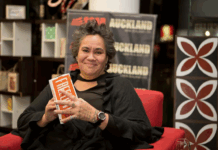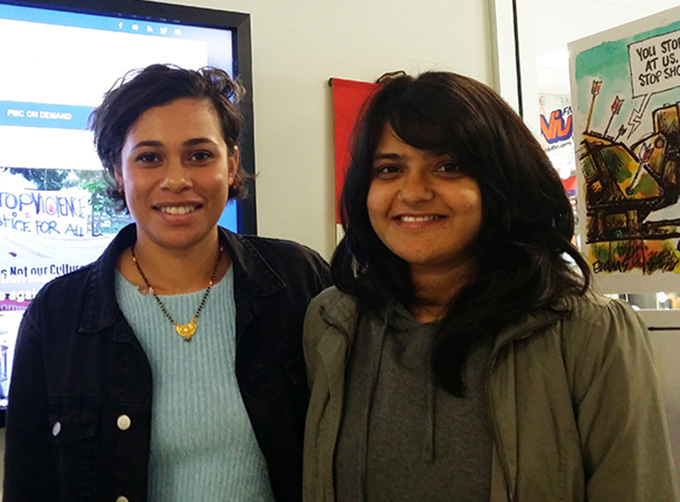
April will mark the urgency of action needed to address the issue of climate change with a collaborative project between the Pacific Media Centre and the University of the South Pacific in Fiji.
Two New Zealand-based journalists from the PMC will arrive in Fiji later this month to participate with students, staff and researchers in Fiji on a “bearing witness” project that aims to report on the effects of climate change in the island state.
 USP’s head of journalism Shailendra Singh said climate change was chosen as the focus for this project because it was a major public interest issue that needed to be at the forefront on a constant basis.
USP’s head of journalism Shailendra Singh said climate change was chosen as the focus for this project because it was a major public interest issue that needed to be at the forefront on a constant basis.
He said the project was part of a long-standing partnership between Auckland University of Technology, where the PMC is based, and the USP journalism department as an initiative to broaden student learning.
However, students also have the advantage of covering these issues because they are reporting for independent media.
“They are not tied down so much by the priorities and considerations that mainstream media are beholden to, such as ratings and profits. In many respects, they are more free to report than mainstream media,” he said.
“They are future journalists.”
Exciting challenges
Ami Dhabuwala, a postgraduate journalist studying Asia-Pacific journalism at AUT, and Pacific Media Watch contributing editor TJ Aumua have been selected to go to Suva on the project.
Dhabuwala, who previously worked as a journalist in India, said she was excited and eager to take up the challenges she might face reporting on this issue in Fiji.
She said climate change was no longer just an environmental issue – it had become a human rights issue.
“As a journalist, I have always tried to be a voice for the unknown people. I would like to discover the untold stories of the Fijian people and their suffering because of climate change. I am interested in the issues of the people and possible solutions.”
Pacific Media Watch’s TJ Aumua, who graduated last year with an honours degree including a research dissertation on Fiji media, said this project was an opportunity to share the Pacific’s perspective on climate change with those who live outside the region.
“Living in New Zealand we are so sheltered and unaware of the direct affects of climate change. But for people living in island nations they see and have to live with the effects of climate change every day.
“The bouts of extreme weather and tropical cyclones that have caused destruction in Fiji recently are an example of this. I’m hoping the reportage from this project will be a wake a call for people who still believe climate change is a myth.”
PCF exchange
Aumua was also in Fiji last year on a Pacific Cooperation Foundation exchange.
Professor David Robie, director of the PMC, said he was delighted that AUT was able to send journalists to Fiji in another collaborative project.
“We had two student journalists in Fiji for the 2014 general election and then another couple a year later last September for the Pacific Islands Development Forum and other activities. They did tremendously well to face many challenges.”
He praised the AUT Research Office for providing a climate change grant that helped fund the journalists on their mission.
The project articles and multimedia reports will be published jointly in USP’s Wansolwara newspaper and online editions, and the PMC’s new current affairs website Asia Pacific Report.


